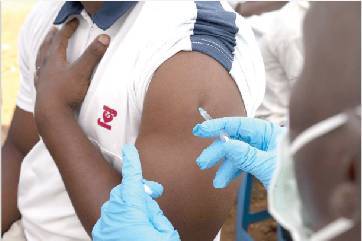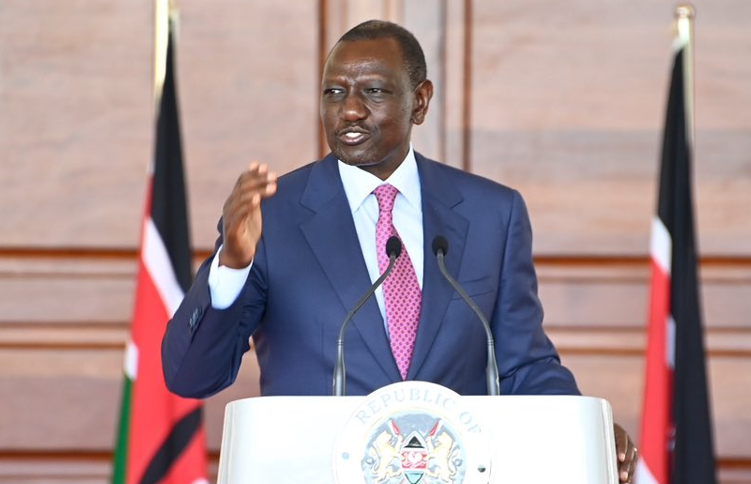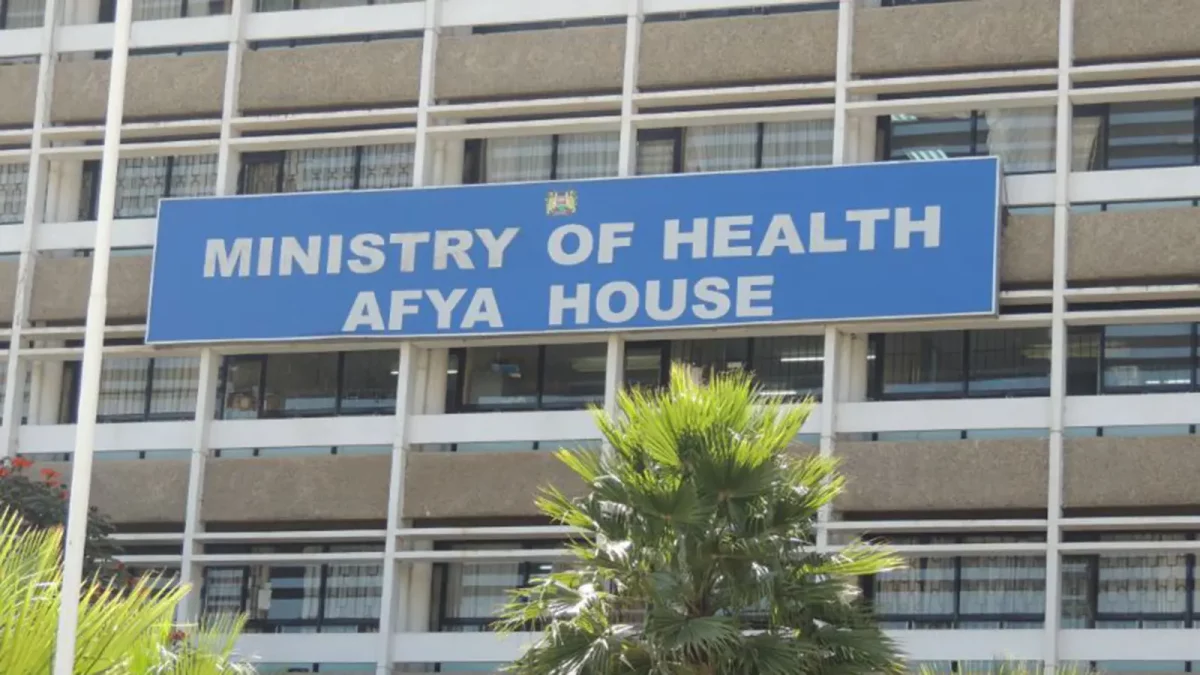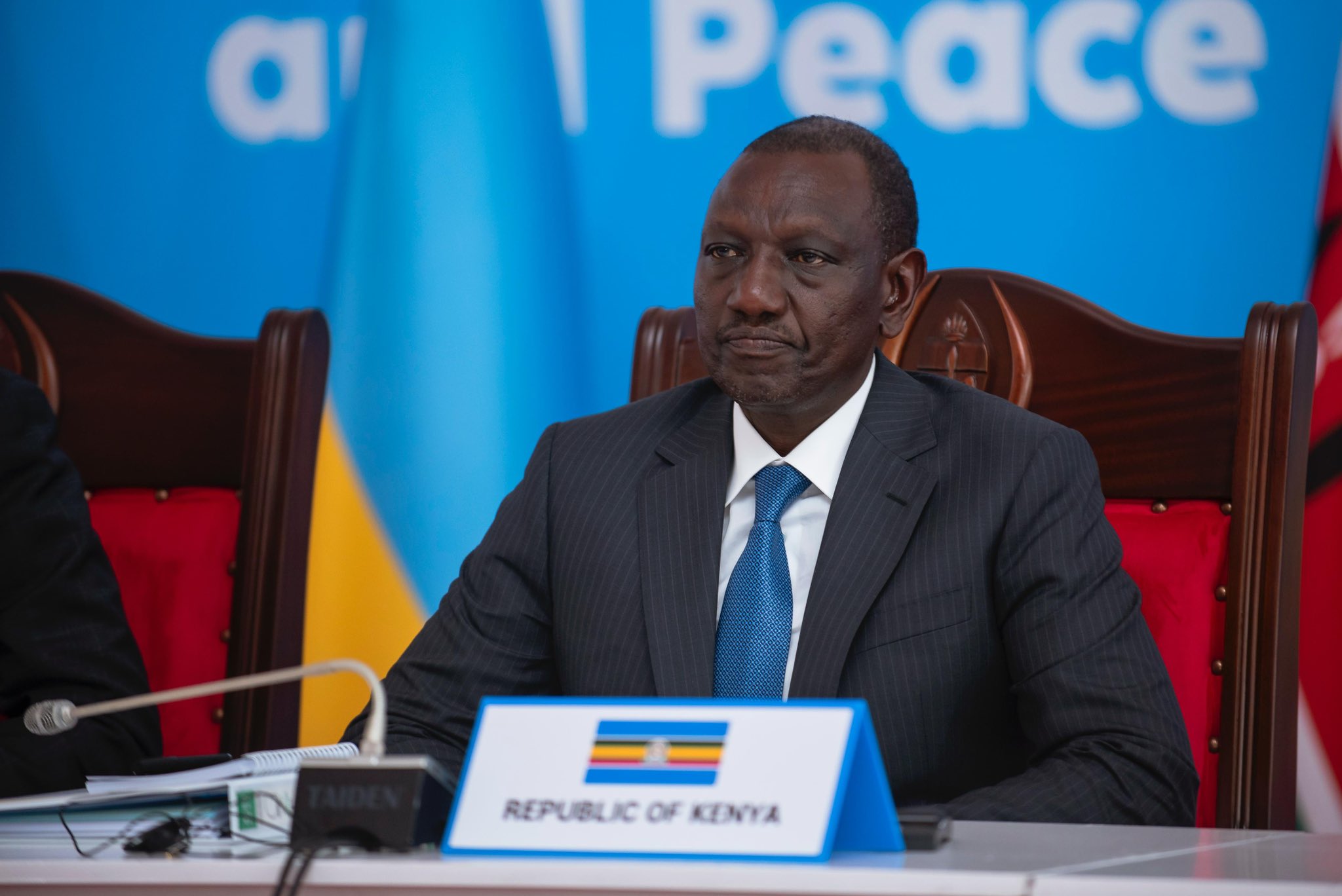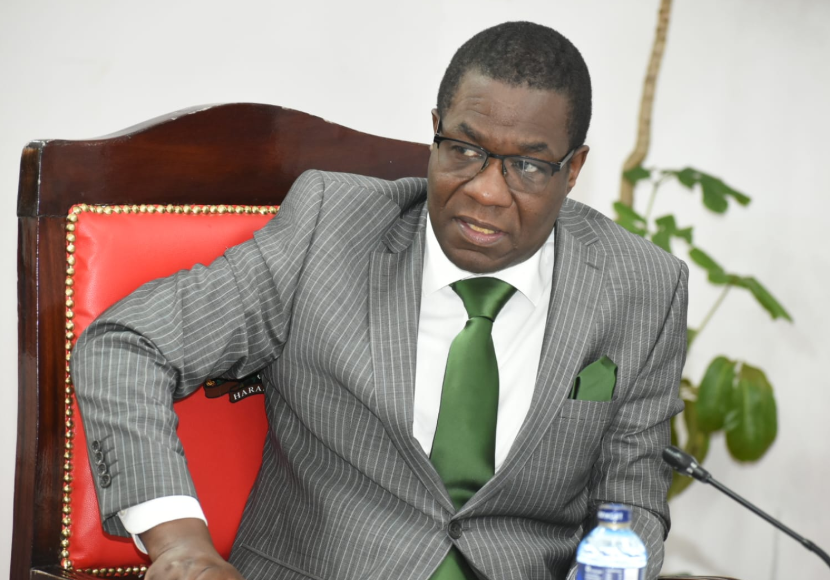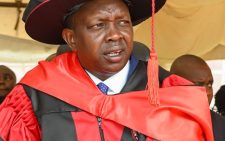Covid-19 – the scare that has shaken the world
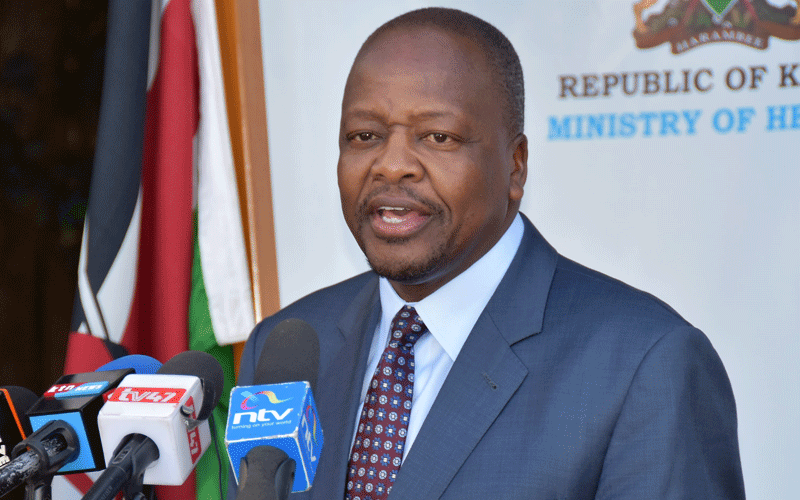
Irene Githinji @gitshee
As at mid May, over 800,000 people had received the first dose of AstraZeneca in Kenya, a majority of whom are persons aged 58 and over.
According to Health Cabinet Secretary Mutahi Kagwe, the second dose of the vaccine has been delayed owing to unavailability of the drug, amid concerns on whether it is safe to receive a different jab.
“Some experts say it is unwise to mix vaccines though some countries are already planning to have people receive a different type from the one they received on their first dose.
We will wait until there is enough evidence from science on whether it is a good idea to have two types of the vaccine for the first and second dose,” Kagwe explained.
However, a new consignment is now in the country and administration of the second jab has kicked off in a somewhat slow pace.
Kagwe has constantly decried the impact of misinformation and disinformation surrounding the disease saying lies and half-truths instilled a sense of fear among Kenyans against visiting hospitals to seek medical attention, even for other disease.
Misinformation, he said, has come in the way of fighting Covid-19 and it took quite a while before Kenyans could actually believe that the disease was real.
When Covid-19 disease was reported in Kenya, it sent shock waves among its citizens as they had witnessed the damage the deadly disease was causing in other countries.
From one bulletin to the other, it was matters surrounding Covid-19 and how it had swept people in big countries like China and Italy, just to name a few.
Days went by and the numbers kept rising. Learning was suspended, people had to work from home other than the essential workers were part of measures imposed to mitigate the spread.
Months went by and skepticism among Kenyans grew, as they got to a point they felt like it was a creation of Government.
Opinion polls conducted in the country have that almost all Kenyans know about Covid-19 and basic understanding about transmission.
However, according to a poll by a research firm, Ipsos, a sizeable minority seek more information, which may help address misconceptions on avoidance and ‘cures.’
“The majority of Kenyans are positive about government’s response and trust information it provides on the virus. Kenyans see the virus as a high personal risk and a threat to their country.
They are supportive of a wide range of personal and community public health social measures to help limit the spread,” the survey conducted last year stated.
Another research company, Infotrak Research Consulting also conducted a survey months into Covid-19 disease, which stated that a majority of Kenyans thought the threat of the coronavirus was being exaggerated.
According to the poll conducted by research and consulting firm Infotrak, 52 percent of Kenyans said the risk posed by Covid-19 had been overstated, a situation that was blamed on knowledge gaps on the disease.
“While Kenyans seem to have high awareness on Covid-19 and how it can be contracted, there are several issues that still need education and clarification from government.”
Some of the knowledge gaps identified were that 48 percent of Kenyans though Covid-19 is just like a common Flu/cold while another 35 percent thought it was its better to take the family upcountry to protect them from the disease.
“At first, reality had not sunk in, we did not know people who had the disease and it felt like it was non-existent. We felt like we were being grounded and we had to take a step, just to avoid seeing our families go hungry because the little we had was running out fast,” Martha Mwende, a vendor recounts.
It got to some point and she was among Kenyans who thought that it was just a ploy by Government to scare people so that they can exercise caution.
“You see, the issue was that we did not know anyone, a relative or otherwise, who had the disease yet the daily statistics given by Government painted a very gloomy picture.
But we chose to believe in ourselves and fend for our families the dangers notwithstanding,” she adds.
Another Nairobi resident, John Mwaura who works as a Public Service Vehicle (PSV) driver says he did not believe in news of the disease at first.
“In a day, we interact with so many people and we had not experienced anything that caused an alarm. However, we were keen on wearing masks and using sanitizers just to protect ourselves, we thought it was just a passing cloud that could go away in a month’s time or so,” he says.
But things were changing and changing very fast and the second wave was reported towards the end of the year and reality hit home.
Now people could identify with the disease.
A majority of people now knew someone somewhere who had the disease and was no longer light an issue as they initially had thought.
“I was torn between staying at home and fending for my children. I was afraid of what awaited while out there earning a living but I chose to keep the hope alive.
I took precaution like wearing masks establishing a water point at my duty station because I had to continue working.
I was so afraid of contracting the disease and passing it to children at home but God had protected us and we are grateful for that,” says Mwende.
With Mwaura adding: “I now had heads cases of people I knew who had contracted the disease and was cautious.
As much as the disease was closer home, we have continued with our work hoping that we will be safe.”
Then came news that a vaccine had finally been found and that was another can of worms opened.
It was one of the biggest breakthroughs in developing the vaccine, at least if the time taken to develop it was anything to go by.
Though a milestone, so many people had doubts about its efficacy and worse still the effects once administered.
When the jab was introduced in the country, the uptake was rather slow especially when information spread out that it was causing blood clots.
“At the very beginning, we heard reports that some people were getting blood clots when the vaccine was introduced and that scared me stiff.
The Government prioritized on the people to first get the jab but even if I was eligible, I would not take the vaccine and neither my family I’m still scared,” says Mwende.
On the other hand, Mwaura is upbeat about the vaccine and will not miss a chance to take the vaccine once he gets the opportunity to.
“Many people I know have taken the vaccine and are doing fine. Our President, Uhuru Kenyatta led the way in taking the jab. Prevention is better than cure.”


